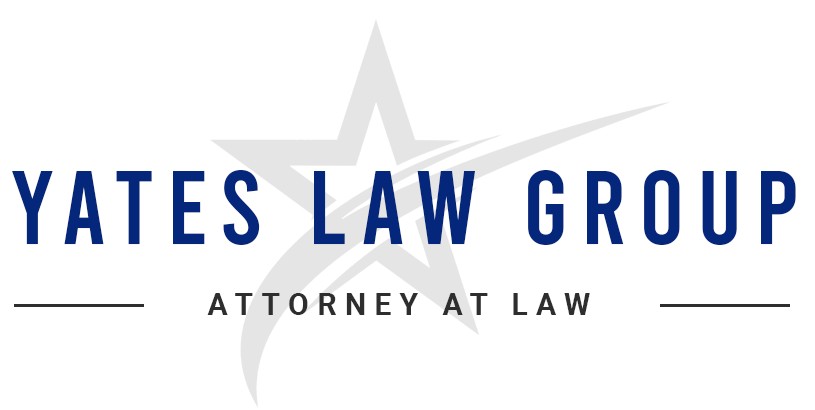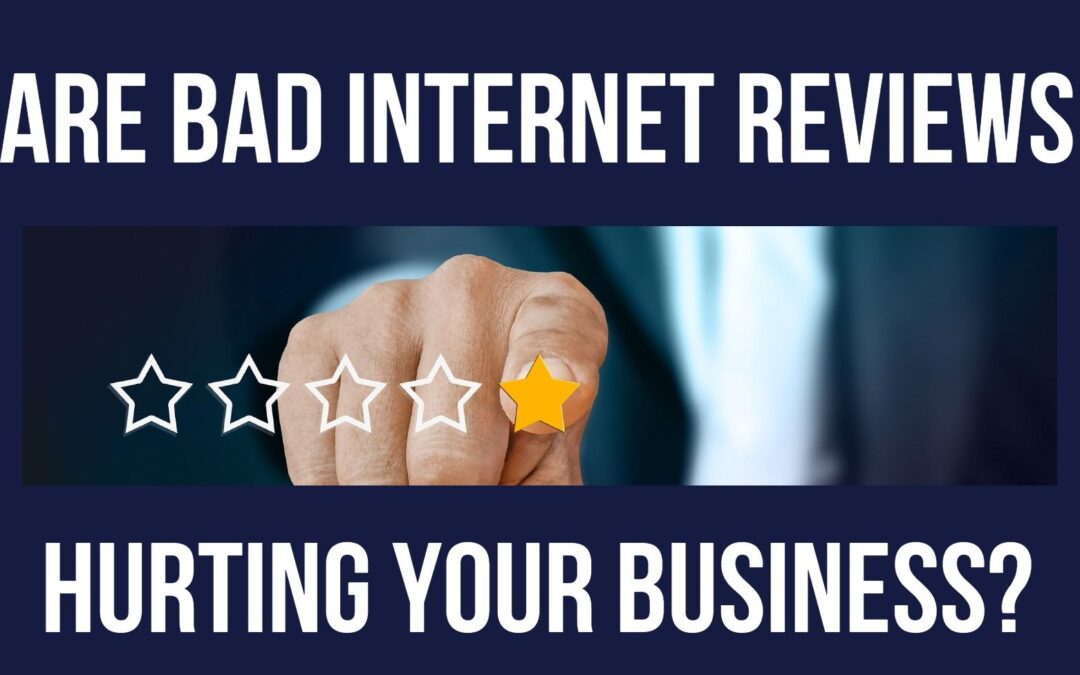When consumers are looking to hire a contractor, try a new restaurant, book a vacation, or find a reliable auto mechanic, they regularly seek out the reviews of other consumers on websites such as Yelp, TripAdvisor, Google, and others. According to a 2019 survey, 91% of consumers reported that they trusted online reviews as much as personal recommendations. In that same survey, 85% of consumers reported that they read up to 10 reviews before making a decision on that business. These statistics highlight the importance of having positive reviews to attract potential customers to businesses.
Fake Negative Reviews
Unfortunately, many businesses, former spouses, consumers, vendors, or other people who want to just see a person’s business suffer will take to posting false negative reviews out of their own self-interest, or to just simply be malicious. In any event, your potential customers can be driven to other businesses by reading a fake review.
Your Business Is Protected By Law
If your business has been victimized by a fake negative review, the first logical step is to contact the website where the false post is located. Depending on that particular website’s policy, you may have some luck in getting the review removed. Unfortunately, most websites hide behind free speech and federal laws such as the Communications Decency Act and refuse to remove fake reviews, even if you can prove that it is false and malicious. The Communications Decency Act is a federal law that basically protects websites from being legally responsible for the posted material. Since this is the case, you can almost never sue the website itself for posting the review, even if it is defamatory. If the website refuses to remove the false review, you may be feeling helpless; but there still may be options.
Can You Sue?
The first step is to sue the author of the review for publishing false and defamatory statements and have a court declare that the content of the review is defamatory. Once a court has declared the content to be defamatory, most websites and search engines such as Google will “de-list” the content as part of their terms and conditions. Some websites will remove the review altogether once it has been declared by a Court to be defamatory. Others, still, hide behind free speech and the Communications Decency Act and refuse to remove the review. Fortunately, most large search engines will “de-list” the link to the fake review. Once it has been “de-listed” from the major search engines such as Google, the false review becomes increasingly difficult (if not impossible) for consumers to find and instead consumers are directed to the legitimate reviews of your business. Also, it is important to remember that this “playbook” only works if the content is defamatory. To be considered defamatory, the content must be false. In other words, truthful reviews cannot be removed, even if they are hurting your business.
Anonymous Reviews
Most of the time, the false reviews have been left anonymously. So, how do you find out the identity of an anonymous author? Stay tuned next month on how an attorney can help you discover the identity of the anonymous authors who posted fake reviews about your business.

